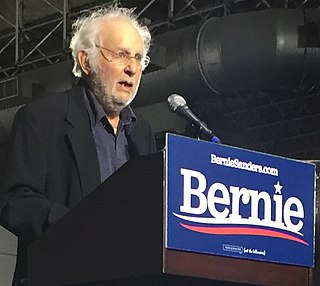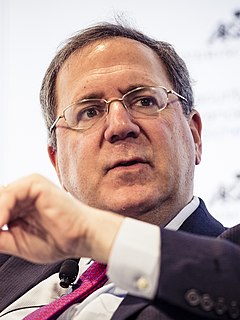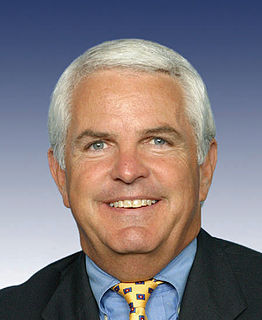A Quote by Steven Spielberg
Cell phones tend to bring us more inside of our lives whereas movies offer a chance to escape, so there are two competing forces.
Related Quotes
The cell phone has transformed public places into giant phone-a-thons in which callers exist within narcissistic cocoons of private conversations. Like faxes, computer modems and other modern gadgets that have clogged out lives with phony urgency, cell phones represent the 20th Century's escalation of imaginary need. We didn't need cell phones until we had them. Clearly, cell phones cause not only a breakdown of courtesy, but the atrophy of basic skills.
I think the Bhagavad Gita is about both the forces of light and the forces of darkness that exist within our own self, within our own soul; that our deepest nature is one of ambiguity. We have evolutionary forces there - forces of creativity, and love, and compassion, and understanding. But we also have darkness inside us - the diabolical forces of separation, fear and delusion. And in most of our lives, there is a battle going on within ourselves.
One metaphor for how we are living is that you see so may people with cell phones. In restaurants, walking, they have cell phones clamped to their to heads. When they are on their cell phones they are not where their bodies are...they are somewhere else in hyperspace. They are not grounded. We have become disembodied. By being always somewhere else we are nowhere.
Music. I could not go without that. My mind would not let me be without music. I hiked the trail in 1995 - before there were iPods or music on our cell phones or even cell phones. So I was truly out there with just my thoughts. After a few days there was a continuous loop of songs playing silently in my mind.
Someone with whom we have a lifetime's worth of lessons to learn is someone whose presence in our lives forces us to grow...those who consciously or unconsciously challenge our fearful positions. They show us our walls. Our walls are our wounds--the places where we feel we can't love any more, can't connect any more deeply, can't forgive past a certain point. We are in each other's lives in order to help us see where we most need healing, and in order to help us heal.
The popularity of disaster movies expresses a collective perception of a world threatened by irresistible and unforeseen forces which nevertheless are thwarted at the last moment. Their thinly veiled symbolic meaning might be translated thus: We are innocent of wrongdoing. We are attacked by unforeseeable forces come to harm us. We are, thus, innocent even of negligence. Though those forces are insuperable, chance will come to our aid and we shall emerge victorious.







































